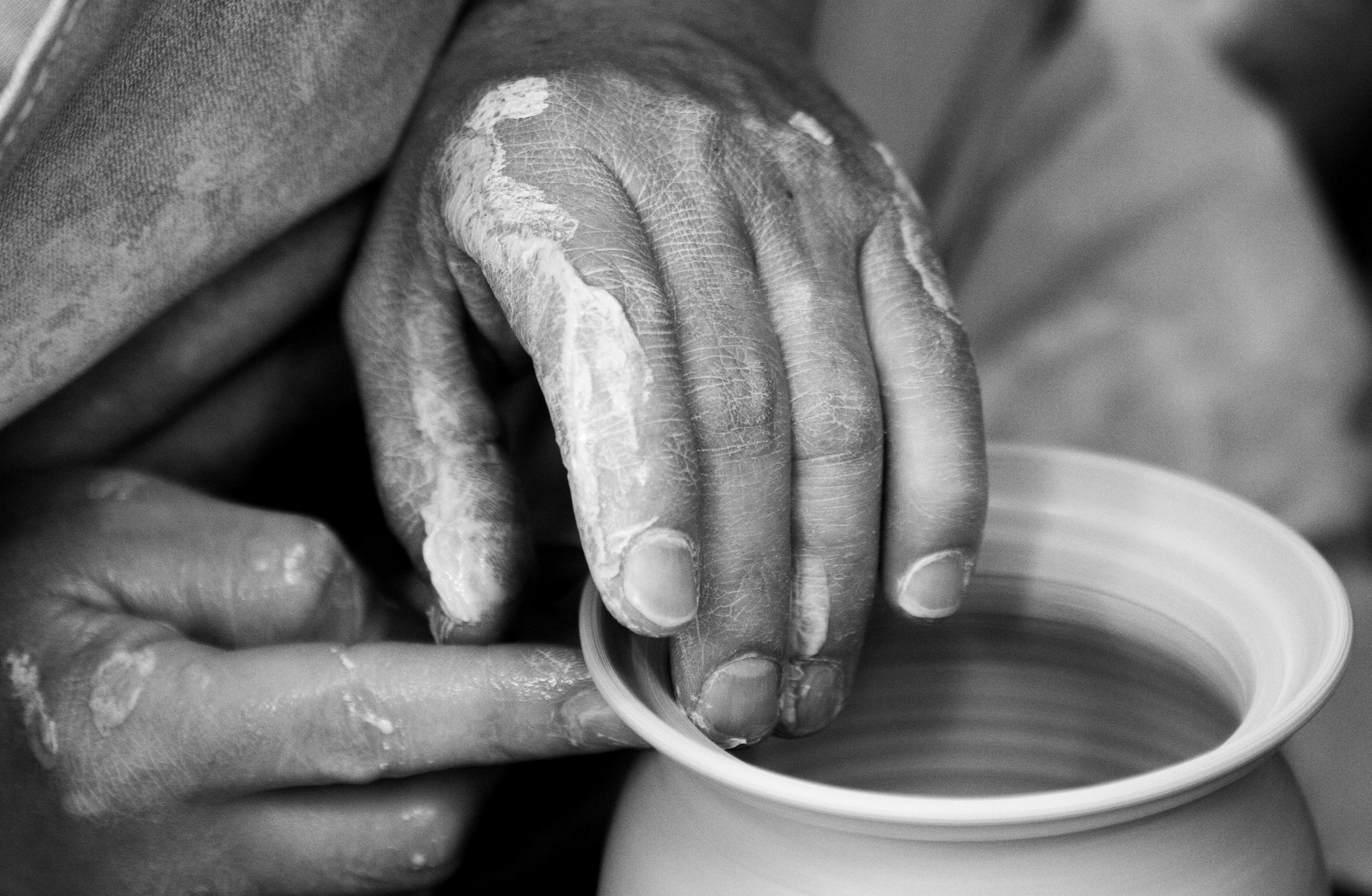Crafting a Healthier Life: The Science and Wellness of Pottery
Pottery may not be the first thing that comes to mind when considering wellness strategies. Yet this age-old craft is gaining attention as a unique and therapeutic approach to mental and physical health. From reducing stress to boosting self-esteem and even improving dexterity, the benefits of pottery are vast and scientifically backed.

The Historical Context and Developments
Pottery is one of the oldest human inventions, dating back to the Neolithic era. It started as a practical craft, used to create functional items like bowls, plates, and storage jars. Over time, pottery evolved into an art form, with artisans creating intricate designs and styles reflecting their cultures.
In terms of health and wellness, the therapeutic benefits of pottery became apparent in the 19th century. Occupational therapists started to use pottery as a rehabilitative tool for patients with mental and physical disabilities. Today, pottery is recognized as a form of art therapy, helping individuals express themselves and deal with emotional issues.
Current Health Trends and Research-Driven Recommendations
Recent trends in health and wellness emphasize the importance of mental health and self-care. In this context, pottery has emerged as a therapeutic tool that promotes relaxation, reduces stress, and improves focus. Engaging in pottery allows individuals to disconnect from their daily stressors and focus on the task at hand, thus fostering a sense of mindfulness.
Multiple studies back the therapeutic benefits of pottery. A 2016 study published in the Art Therapy: Journal of the American Art Therapy Association found that 45 minutes of creative activity significantly reduced stress in the body, regardless of artistic experience or talent. Another study from the Journal of the American Art Therapy Association in 2020 reported that clay work had positive impacts on psychological health, including improved mood and reduced anxiety and depression.
The Benefits and Challenges of Pottery
Pottery offers several benefits for both mental and physical health:
- Enhanced focus and mindfulness
- Reduced stress and anxiety
- Enhanced self-esteem and self-expression
- Improved hand-eye coordination and dexterity
However, pottery also presents some challenges. It requires patience and persistence, as mastering the craft takes time. Some may also find the physical aspect of pottery, such as kneading the clay or using the potter’s wheel, strenuous.
Despite these challenges, the benefits of pottery as a wellness strategy are significant, backed by research and expert insights.
Health Insights: Pottery and Wellness
- Pottery promotes mindfulness: The process of molding clay requires concentration and focus, drawing attention away from daily stressors.
- Pottery can improve physical health: The act of kneading and shaping clay can help improve dexterity and fine motor skills.
- Pottery can boost self-esteem: Creating a piece of pottery provides a sense of accomplishment, which can bolster self-confidence.
In conclusion, pottery offers a unique and effective approach to health and wellness. While it may present some challenges, the benefits—ranging from improved mental health to enhanced physical skills—are significant and scientifically backed. As we continue to seek out innovative strategies for health and wellness, the art and science of pottery provide a promising and therapeutic avenue.



